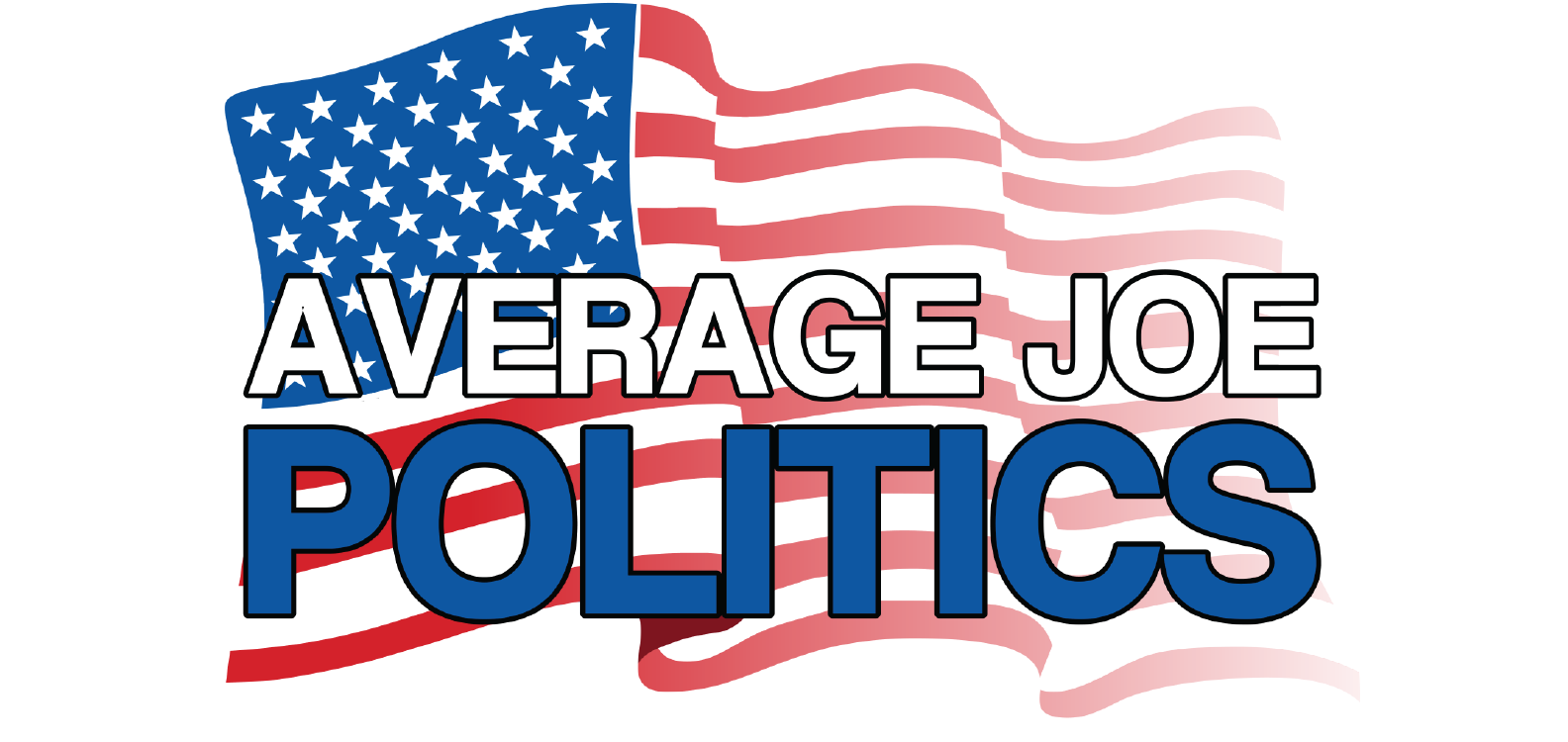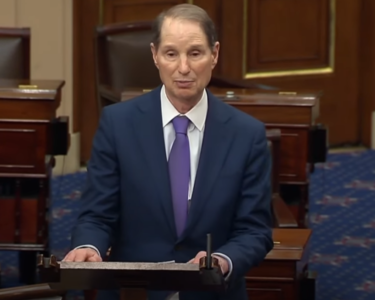Congress’s long-standing tradition of bipartisan support for the annual defense policy and spending plan is now in jeopardy. Recent moves by House Republicans to introduce controversial amendments to the National Defense Authorization Act (NDAA) have drawn strong opposition from Democrats, leading to the possibility of a collapse in bipartisan support. This blog post delves into the contentious issues surrounding the defense bill, highlighting the potential consequences and uncertain future it faces.
House Republicans have moved to bar the Pentagon from reimbursing military personnel who travel out of state to obtain an abortion. This amendment has been seen by Democrats as a red line, prompting them to express their intention to vote against the $886 billion legislation. The disagreement over abortion rights jeopardizes the bipartisan support that has traditionally been a hallmark of the defense bill.
In addition to the abortion restrictions, House Republicans have introduced amendments that would prohibit federal funds from being used for specialized healthcare required by transgender troops or their families, as well as the military’s diversity, equity, and inclusion (DEI) programs. These moves have sparked further opposition from Democrats who argue that these social programs are essential for enhancing military readiness, recruitment, retention, and morale.
The recent debate on the defense bill has turned the House floor into a battleground for the country’s polarizing culture wars. Republicans and Democrats exchanged heated rhetoric, with Republicans accusing Democrats of weakening the armed forces with policies promoting diversity and LGBTQ rights, while Democrats labeled their Republican colleagues as racist and bigoted. This deep divide highlights the ideological differences and challenges faced in finding common ground on important national security legislation.
Another point of contention arises from a small but vocal bloc of conservatives in Congress who oppose the U.S. military aid provided to Ukraine. Their proposals to halt assistance for Ukraine failed to gain significant traction, as most Republicans and Democrats express support for Ukraine in its resistance against Russian aggression. The disagreement over Ukraine aid further complicates the path to passing the defense bill, as it remains a red line for some Republicans.
House Republicans face an uphill battle to secure approval for the defense bill in its current form. Speaker Kevin McCarthy will need to rally significant support from his party to avoid a defeat. Even if the House version passes, the Senate, where Democrats hold the majority, is expected to vote on its own version of the legislation, which lacks the divisive components present in the House bill. Reconciling the differences between the two bills and securing President Biden’s signature will pose significant challenges.





